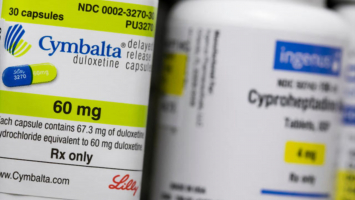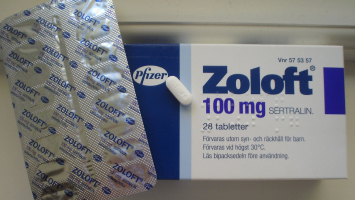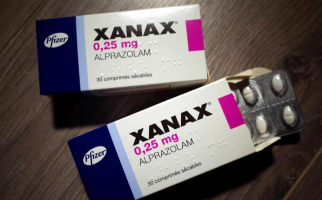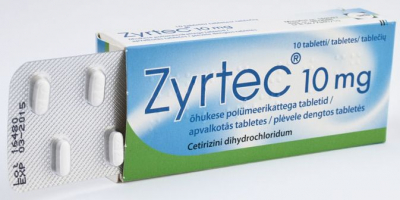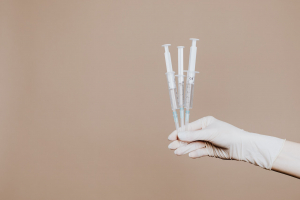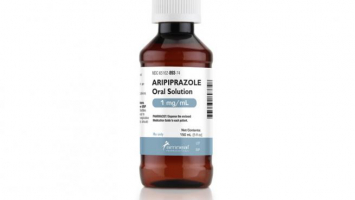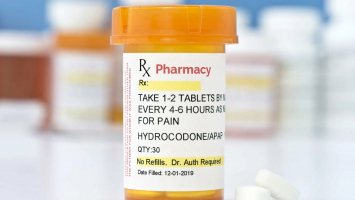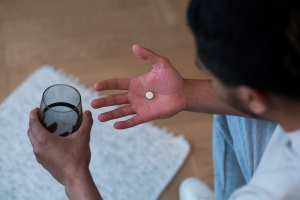Top 7 Things to Know About Bupropion
Bupropion is an antidepressant medication that works in the brain. It is approved for the treatment of major depressive disorder (MDD), seasonal affective ... read more...disorder (SAD), and to help people quit smoking (smoking cessation).
-
Bupropion is an antidepressant that may also be used to aid in the cessation of smoking.
Experts are unsure how bupropion works in depression, but it was previously thought to be because of its ability to inhibit the reuptake of two neurotransmitters, norepinephrine, and dopamine (although this reuptake inhibition is weak). Bupropion has no effect on serotonin reuptake or inhibits monoamine oxidase. Despite the fact that the mechanism by which bupropion works is unknown, studies show that it is still effective in treating mood disorders such as depression.
Bupropion is thought to be effective for smoking cessation because it increases dopamine levels in the nerve synapse by inhibiting dopamine reuptake. This compensates for the dopamine deficiency that occurs during nicotine withdrawal (nicotine causes a release of dopamine which enhances the pleasure-seeking pathways in the brain; reducing nicotine intake means these pathways are no longer being stimulated; bupropion counteracts this effect).
Bupropion is an aminoketone antidepressant that is chemically distinct from all other antidepressants.

Jamaica Hospital Medical Center 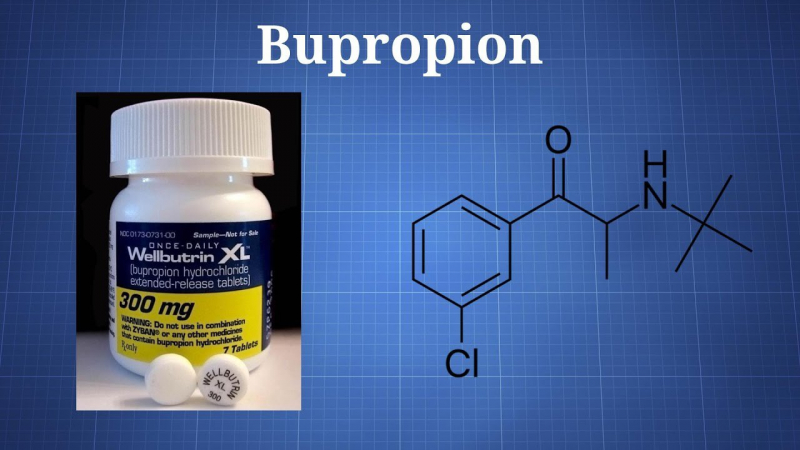
Vinmec -
Bupropion may be used to treat depression symptoms in Major Depressive Disorder (MDD) and Seasonal Affective Disorder (SAD).
When first-line agents are ineffective or not tolerated, this medication may be considered second-line for the treatment of bipolar depression.
Bupropion (Zyban brand, generic bupropion) may be used to relieve nicotine withdrawal cravings during smoking cessation. According to research, Zyban treatment is far more effective than no treatment in helping people quit smoking. Although blood pressure should be monitored, Zyban can be combined with a Nicotine Transdermal System (nicotine patches).
Can be used off-label for attention deficit hyperactivity disorder (ADHD); this is not an FDA-approved use, but some professional organizations consider it a possibility if standard treatments are ineffective or poorly tolerated.
Bupropion is available in generic form, and it is also marketed under the brand names Aplenzin (for depression) and Zyban (for smoking cessation).
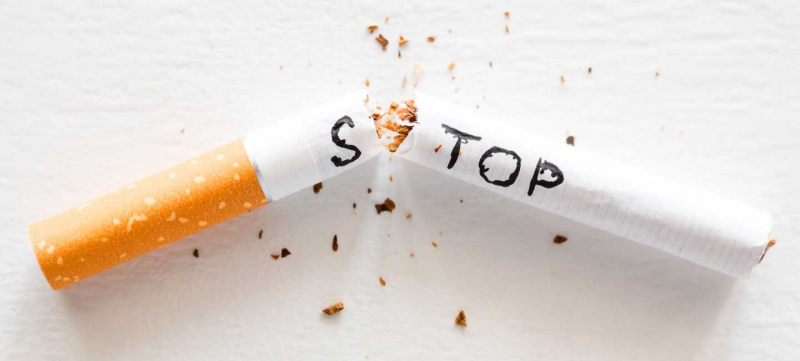
HealthPlus 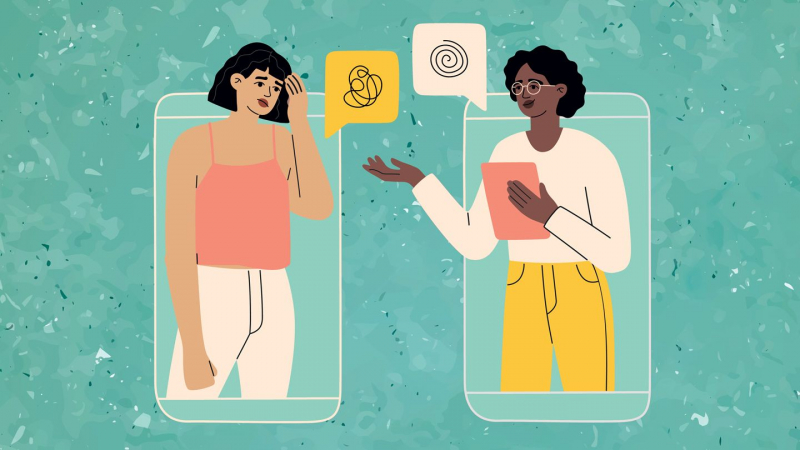
Everyday Health -
You are more likely to experience the following side effects if you are between the ages of 18 and 60, do not take any other medications, or have any other medical conditions:
- The most commonly reported side effects are insomnia, headache, dizziness, dry mouth, sore throat, nausea, and constipation. Abdominal pain, strange dreams, flushing, muscle and joint pain, migraine, rash, or itchy skin are all possible side effects.
- Bupropion use has been associated with severe neuropsychiatric symptoms such as agitation, anxiety, delusions, hallucinations, panic disorder, paranoia, and psychosis, and it carries a black box warning for these side effects. Symptoms have occurred in people with and without a history of psychiatric illness. People should be kept on the lookout for the emergence of neuropsychiatric symptoms. The majority of cases were resolved by discontinuing bupropion; however, a few cases persisted.
- Although it is more likely than other antidepressants to cause weight loss, it can also cause weight gain in some people.
- Blood pressure may rise. Blood pressure should be taken at the start of treatment and monitored on a regular basis.
- Bupropion dosage must be adjusted in kidney and liver disease. Active metabolites can build up and raise the risk of seizures.
- Conventional tablets may require up to three doses per day. Doses should be separated by at least 6 hours (eg, in the morning, midday, and in evening). To reduce the likelihood of insomnia, avoid taking the evening dose at bedtime. Dosages of 300mg or more should be divided into doses of no more than 150mg each.
- The extended-release tablets should be taken twice a day (but may be administered once daily on initiation).
- Some people may be ineligible, such as those who have seizure disorders, eating disorders, are going through alcohol, anticonvulsant, barbiturate, or benzodiazepine withdrawal, are at risk of glaucoma, are taking bupropion for another reason (such as smoking cessation), are pregnant or breastfeeding, or have a history of allergy to bupropion or monoamine oxidase inhibitor use within the last two weeks.
- It is not recommended for use in children under the age of 18.
- Bupropion, like other antidepressants, may increase the risk of suicidal thoughts or behavior. Children and young adults under the age of 24 are most vulnerable. Keep an eye out for signs of depression.
- Seizures may become more likely. This risk increases with higher bupropion dosages, in those with head injuries, or in those taking other medications that lower the seizure threshold.
- Not suitable for treating panic disorder and concomitant phobic disorder, but may alleviate panic symptoms in those suffering from depression. Because it has been linked to seizures in purging bulimic patients, it is not recommended for the treatment of bulimia nervosa.
- Some people may experience allergic reactions such as itchiness, facial swelling, and hives (urticaria). Stop the treatment immediately and seek medical attention.
- If abruptly stopped or interrupted, it may result in a discontinuation syndrome (symptoms include nausea, vomiting, diarrhea, headaches, dizziness, sweating, chills, tremors, vivid dreams, and insomnia).
- Other antidepressants, antipsychotics, agents that affect electrical conductivity in the heart, those that induce or inhibit hepatic enzymes CYP2B6 or are metabolized by CYP2D6, other drugs that increase dopamine, or those that increase bleeding risk may interact.
- Overdosage or interaction with other medications that increase serotonin levels (such as tramadol, other antidepressants, St John's wort) may result in serotonin syndrome (symptoms include mental status changes [such as agitation, hallucinations, coma, delirium], fast heart rate, dizziness, flushing, muscle tremor or rigidity, and stomach symptoms [such as nausea, vomiting, diarrhea]).
- There have been a few reports of priapism (painful erections lasting more than 6 hours).
- Amphetamine screening tests in urine may produce false-positive results.
- Not advised during pregnancy. If a woman becomes pregnant while taking bupropion, she should contact the pregnancy registry at 800-336-2176. It is not advised to breastfeed while taking bupropion.
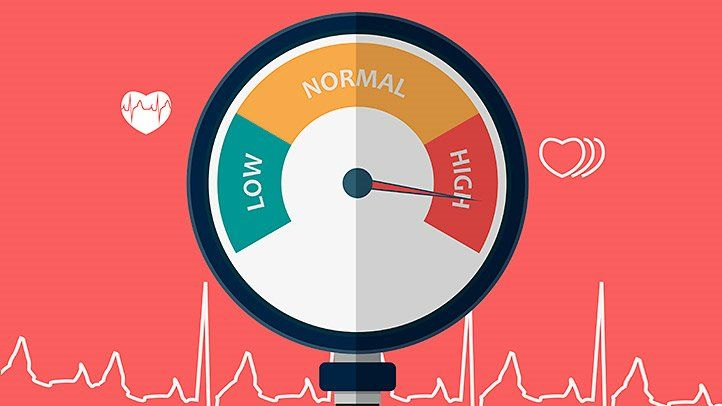
Rush Emergency Medicine 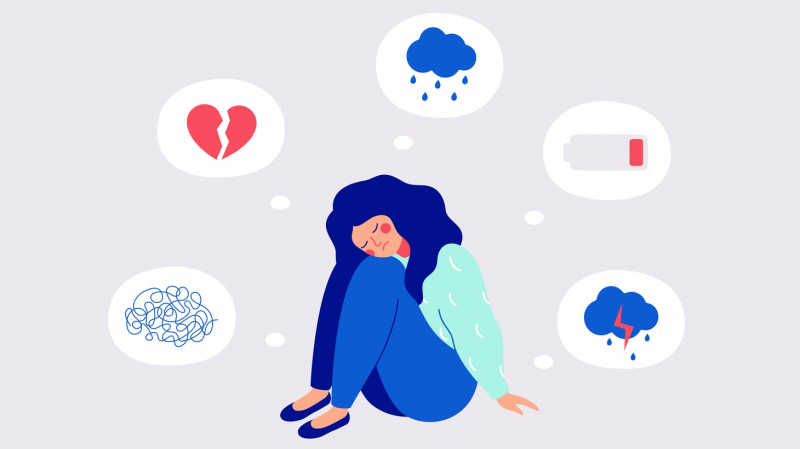
KCRW -
Bupropion may be used to treat depression or as a smoking cessation aid; however, it may cause insomnia, neuropsychiatric adverse events, or seizures. It comes with a black box warning because it can cause behavioral changes and increase the risk of suicidal thoughts.
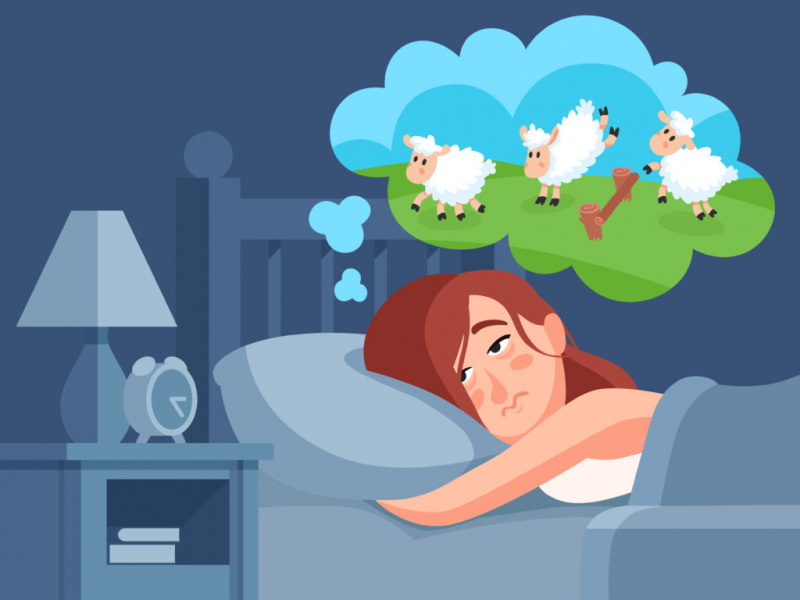
Holistic Health Oxford 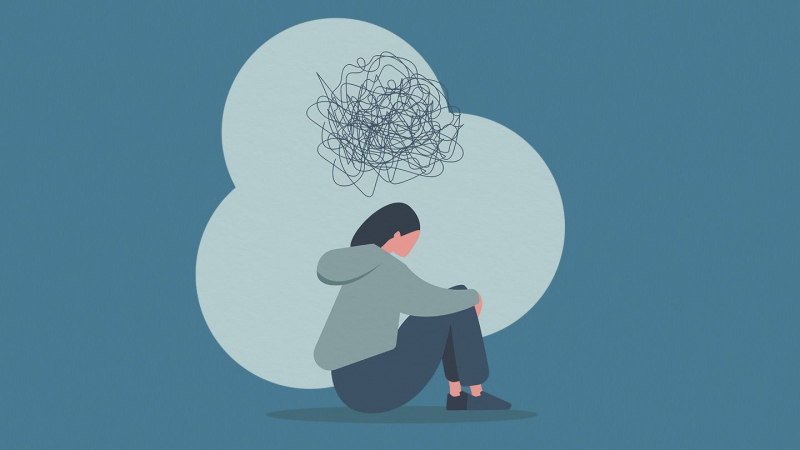
Everyday Health -
It is safe to take with or without food.
To reduce the risk of insomnia, avoid taking the last dose of the day after 5 p.m. Bupropion twice daily dosings should be separated by at least eight hours, and bupropion three times daily dosings should be separated by at least six hours.
Bupropion should be taken exactly as prescribed by your doctor.
Whether used as an antidepressant or a smoking cessation aid, bupropion should be started at a low dose and gradually increased over several days. Your doctor will advise you on how to proceed. Bupropion controlled-release forms should be swallowed whole. Crushing, dividing, or chewing may increase the risk of adverse effects such as seizures.
Zyban and Aplenzin both contain the active ingredient bupropion, and the two should never be used together.
Bupropion may impair your judgment and ability to drive or operate heavy machinery. If bupropion has this effect on you, avoid performing dangerous tasks such as driving.
If you're using bupropion to help you quit smoking, begin treatment while you're still smoking and at least one week (maximum of two weeks) before your planned quit date to ensure that your body's concentration of bupropion is at an effective level. You should strive for total abstinence (no smoking at all past your quit day).
If you've been taking bupropion for 7 to 12 weeks and haven't quit smoking, it's unlikely that you will, so talk to your doctor about discontinuing it and reevaluating other treatment options. Some people, however, may benefit from longer than 12 weeks of bupropion treatment. Counseling and other support to help you quit smoking are important in addition to bupropion treatment for smoking cessation. Don't give up if your first attempt to quit smoking fails. According to studies, some smokers may need up to 30 attempts to successfully quit. Try again when the conditions are better.
Bupropion should be started in the autumn before the onset of depressive symptoms, continued throughout the winter season, and tapered off in the early spring when used to treat Seasonal Affective Disorder (SAD).
Be on the lookout for changes in behavior or mood, such as agitation, depression, or suicidal ideation. If any changes appear, seek immediate medical attention.
If you experience any symptoms of an allergic reaction (itchiness, rash, swelling), stop taking bupropion and seek immediate medical attention.
Consult your doctor right away if you experience eye pain, visual disturbances, swelling or redness around the eye.
If you're taking bupropion for depression, don't stop suddenly unless your doctor tells you to or if you have an allergic reaction. If you need to stop taking bupropion, your doctor will tell you how to do so gradually.
Reduce or avoid alcohol consumption because your tolerance to it may be reduced while taking bupropion, and it may also increase your risk of neuropsychiatric adverse events.
Before taking any other medication with bupropion, including over-the-counter medications, consult your doctor or pharmacist.
Bupropion is not advised to be taken while pregnant or breastfeeding. If you become pregnant while taking bupropion, contact your doctor right away.

Medanta 
Livi -
Improvements in sleep, energy, or appetite may be noticeable within the first 1-2 weeks of taking bupropion for depression. It may take up to 6-8 weeks to fully recover from a depressed mood or motivation.
Bupropion reduces nicotine cravings and withdrawal symptoms, but the effects take one to two weeks to manifest.
Once in the body, bupropion is metabolized into three active metabolites, each with a different duration of action.
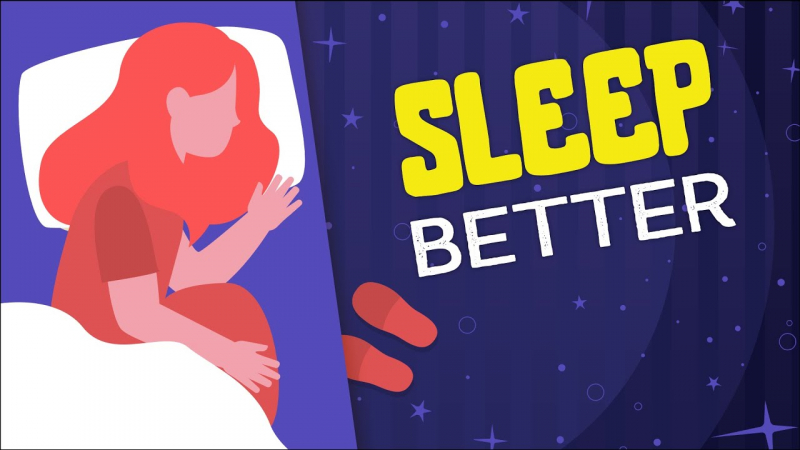
Dr SMART team's YouTube 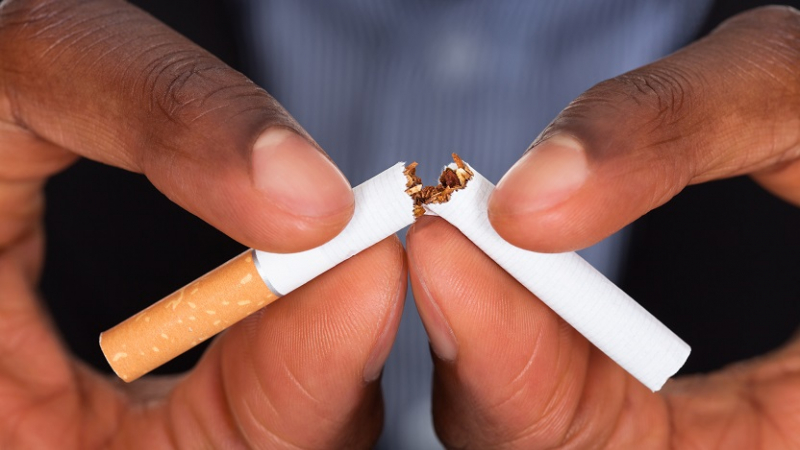
UChicago Medicine -
Medicines that interact with bupropion may reduce its effect, shorten its duration of action, increase side effects, or have no effect when combined. An interaction between two medications does not always necessitate the discontinuation of one of them; however, it can. Consult your doctor about how to handle drug interactions.
Bupropion may interact with the following medications:
- amantadine
- antiarrhythmics, such as amiodarone or flecainide
- anticonvulsants, such as carbamazepine, phenytoin, phenobarbital, or primidone
- antidepressants, such as SSRIs (eg, fluoxetine, sertraline), tricyclic antidepressants (such as desipramine, nortriptyline), or MAOIs (such as phenelzine or selegiline) (these may lower the seizure threshold)
- antipsychotics (such as butyrophenones, phenothiazines, or thioxanthenes) and atypical antipsychotics (eg, olanzapine, quetiapine, ziprasidone)
- any medication that lowers the seizure threshold, such as corticosteroids, tramadol, reserpine, and volatile anesthetics
- benzodiazepines, such as diazepam, lorazepam, or oxazepam
- beta-blockers, such as atenolol or metoprolol
- blood thinners, such as clopidogrel or ticlopidine
- cimetidine
- corticosteroids, such as prednisone or methylprednisone
- cyclophosphamide
- HIV medications, such as efavirenz, ritonavir, or lopinavir
- levodopa
- nicotine
- orphenadrine
- theophylline
- warfarin.
While taking bupropion, avoid drinking alcohol or using illegal or recreational drugs as this may increase the risk of neuropsychiatric side effects.
CYP2D6 inducers, such as dexamethasone or rifampin, may lower bupropion concentrations, while CYP2D6 inhibitors, such as amiodarone, celecoxib, or fluoxetine, may raise bupropion concentrations.
It should be noted that this list is not exhaustive and only includes common medications that may interact with bupropion. For a complete list of interactions with bupropion, consult the prescribing information.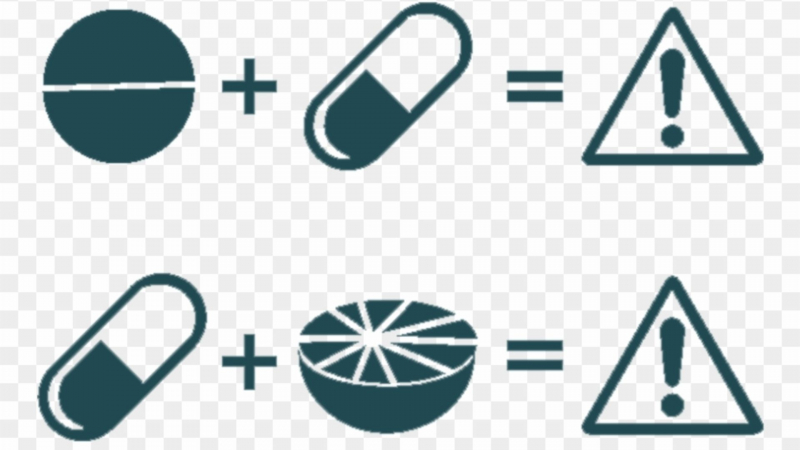
PinClipart 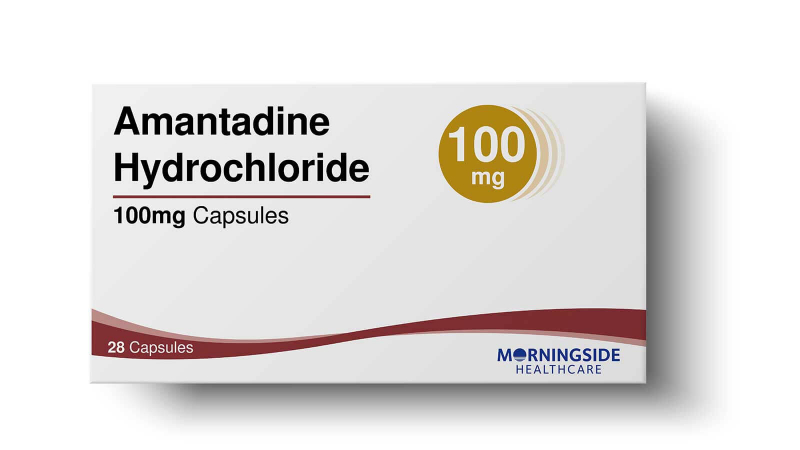
Morningside Pharmaceuticals












